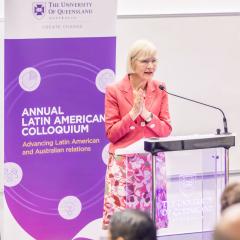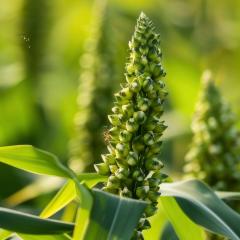From March to July, The University of Queensland (UQ) delivered the Australia Awards Short Course to a group of women from Mongolia, chosen for their abilities to advance female participation in STEM industries. One of these women was neurointerventionalist surgeon Dr Ambaselmaa Bayarsaikhan whose life experience has already marked her as a role model and aspiring leader.
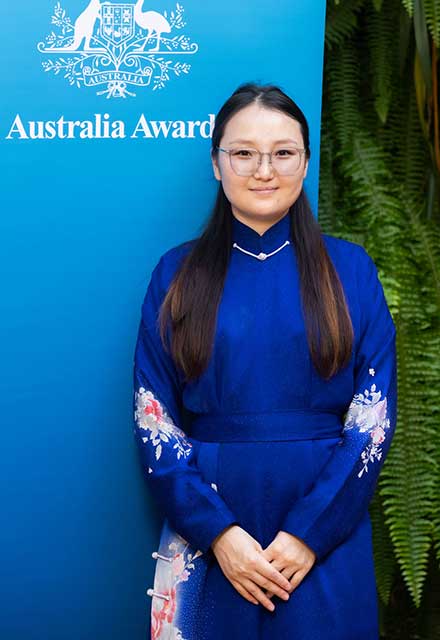
Dr Bayarsaikhan, after completing the Australia Awards Short Course, is now sharing her new skills with female coworkers, young doctors, and medical students in Mongolia as part of the Return to Work Plan integral to Australia Awards.
“In many professions, women face unique challenges and barriers that hinder their professional growth,” Dr Bayarsaikhan said.
“I hope to empower them by providing access to valuable training that can help bridge gender gaps within our workplace.”
Dr Bayarsaikhan’s desire to help others also drove her early decision to study medicine. Born with a cleft palate, which was corrected through surgical intervention, she remembers being unable to speak very well as a child.
“Now I can do public speaking, and I feel so confident because of the Australia Awards. It taught me really well.”
“The main reason I chose to study medicine is I really love to help others. I thought a doctor was the best occupation I can do. I am the only woman surgeon in my hospital, and the only female neurointerventionalist in Mongolia. I want to bridge the gaps for other women.”
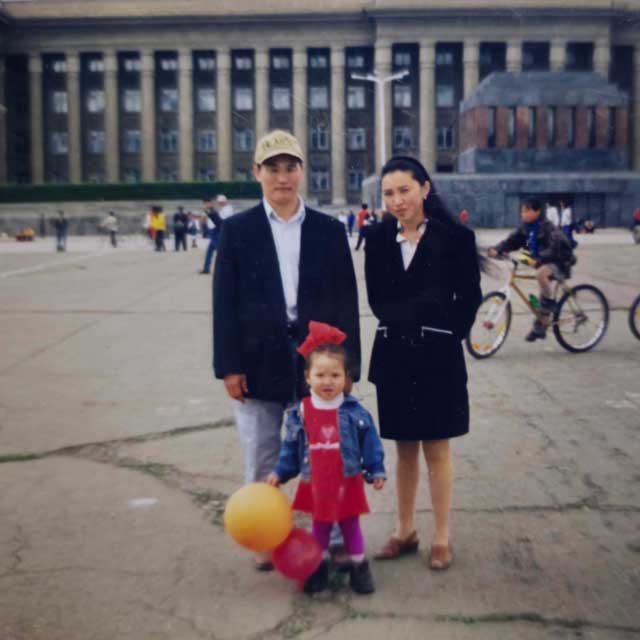
Image: supplied.
After studying medicine, Dr Bayarsaikhan specialised as a neurointerventional surgeon, undertaking further specialist training in the multidisciplinary subspecialities of neurointervention and angiography. She practises a highly precise form of minimally invasive surgery within blood vessels which allows diagnosis and treatment within the body’s deep vessels with a single puncture. She believes that women have special traits that assist their success in her field.
“I think if women are participating in depth, the surgery will be more selective. Endoscopy surgery needs to be carefully done. We need to move smoothly, and concentrate on everything. I hope women have more steady hands than men.”
“I'm the only one who is doing interventionalist surgery by hand. Male doctors in the larger hospitals do the surgery by the leg method which is more complicated. If someone has surgery via the leg, they have to stay in hospital for 24 hours; if you do it by hand, you only need two hours with pressure on that vessel. I'm the only person who is doing this hand surgery.”
Women have a higher literacy rate than men in Mongolia and are well-represented in the workforce, but their progression is hindered by lack of leadership in politics and business.
“In my country, the barrier is women always thinking they are not enough. I want to change that one,” Dr Bayarsaikhan said.
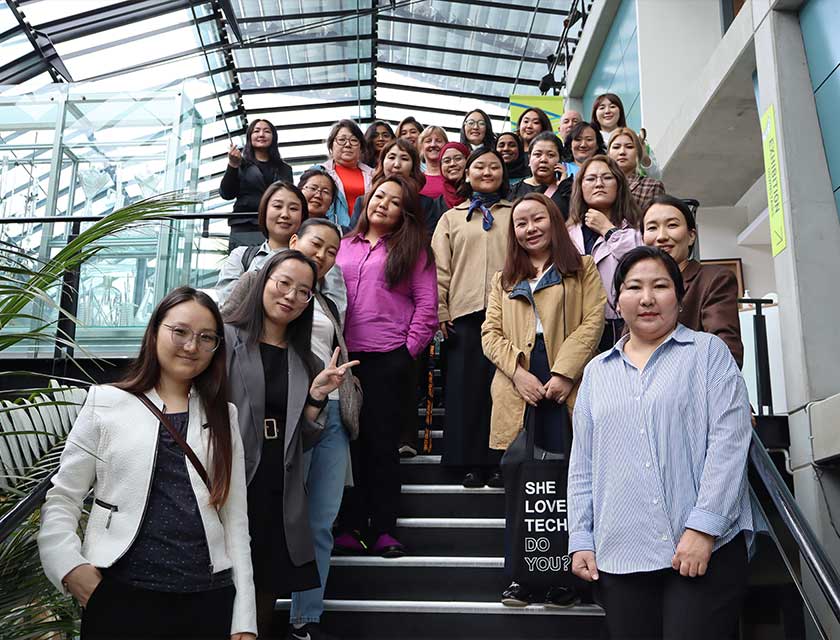
Image: supplied.
Her Return to Work plan has, accordingly, focussed on exposing young doctors and medical students to her surgical achievements through meetings but also, more powerfully, using film footage presented as social media reels to generate interest.
“The salary in Mongolia for doctors is not enough, but I’m telling them, ‘You have many opportunities, working in hospitals and abroad.’ My work is beautiful and has advantages,” Dr Bayarsaikhan said.
She has found the network created with her Australia Awards Short Course remains supportive. “We have a new family there. Professor Yasmina Sultanbawa has become our new mother. We are still in touch here, and we always say, if we face something difficult, we talk to each other. If I need their help, they are so ready.”
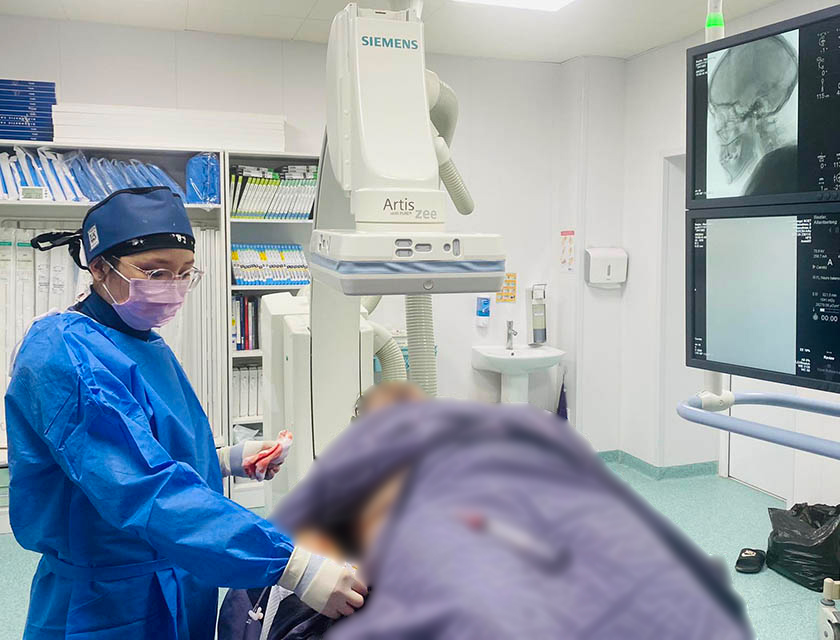
Professor Sultanbawa is the Director of UQ’s Centre for Nutrition and Food Sciences. She collaborates with Indigenous communities to create nutritious, sustainable products for the food, feed, cosmetic, and healthcare industries.
Among Dr Bayarsaikhan’s ambitions are better equipment for her hospital and continuing to draw women into the medical field. Her work to elevate women in STEM has already attracted media attention with articles highlighting her professional achievements, and other women inspired to emulate her success with new awareness of gender equity and professional empowerment.
“I transitioned from underestimating myself to recognising and embracing my capabilities and potential. This shift in mindset, influenced by the course and subsequent initiatives, has empowered me to advocate effectively for gender equity in medicine," Dr Bayarsaikhan said.
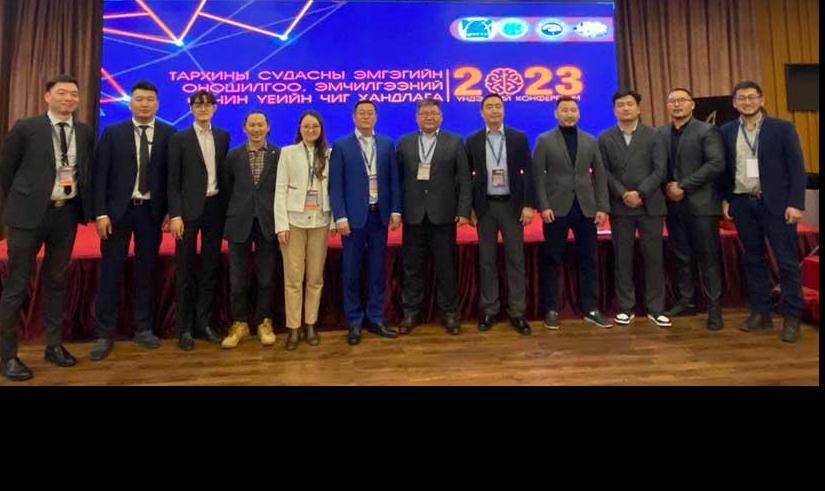
Image: supplied.
These skills are echoed in the experiences of so many Australia Awards alumni who are contributing to their countries across the Asia-Pacific region, and are broadly contributing to Mongolia’s progress in STEM fields.
Australia’s Department of Foreign Affairs and Trade funds the Australia Awards, which have operated for over 70 years. The Australia Awards Short Course Women in STEM Mongolia was delivered by UQ International Development alongside UQ experts for DFAT.

